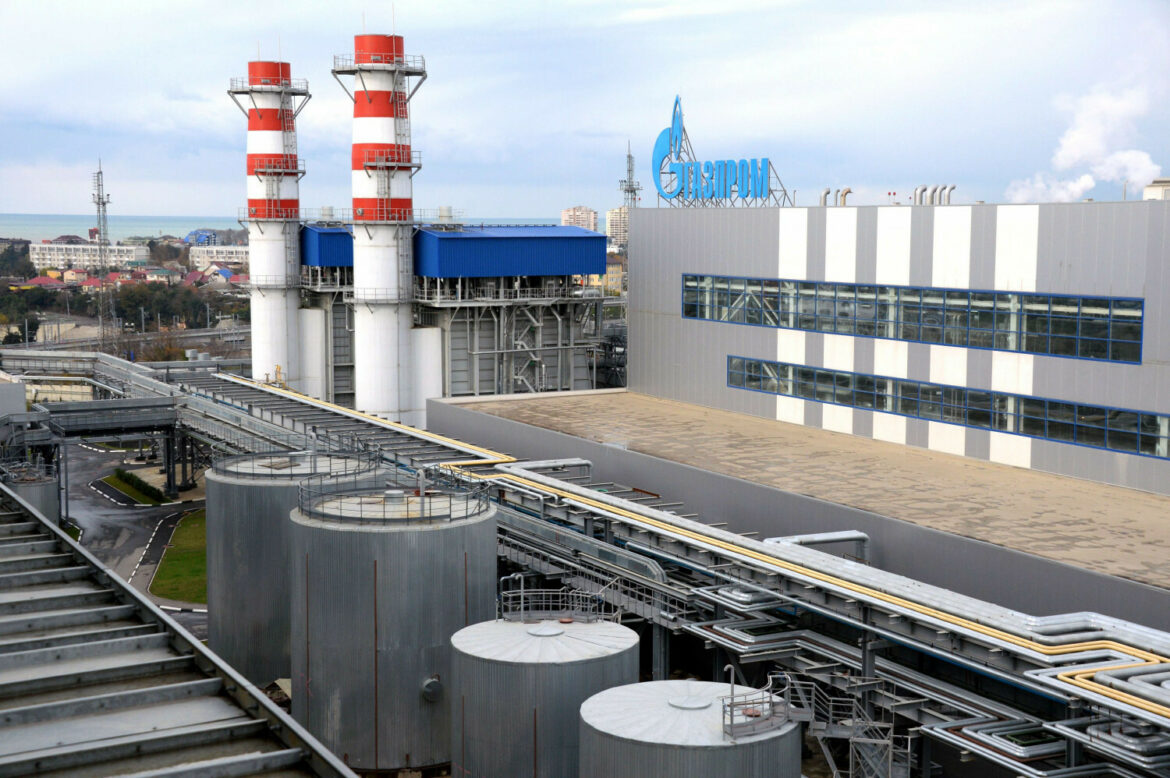The 15% decline in GDP, lower exporters’ profits and cutting Russians off Western goods will be the effects of EU sanctions on Russia. But the sanctions imposed on Putin’s regime will also affect the European economy, say experts from the Polish Economic Institute (PIE) in their latest report “Sanctions in the Age of Conflicts. Tools, experiences and consequences”.
“Sanctions must induce Russia to respect international norms and stop other countries from similar aggression. It is necessary to hit Russian trade, finance, transport and wide-ranging political and personal exclusions”, indicate the authors of the report.
Russia’s close ties with the world economy will make the sanctions very severe for this country. They will cause a 15% decrease in Russian GDP in 2022. The measures against the regime will also result in increased inflation; prices in Russia have risen 8.3% in less than two months since the beginning of the invasion. In addition, more than 450 European companies have already resigned from operations in Russia. According to PIE, the effect of losing investor confidence in the Russian market will last for years.
Freezing trade or financial restrictions also means costs for the countries that impose sanctions. The cessation of exports from Russia may have an impact on world prices of fuels, fertilizers, natural resources and metals.
According to data from the European Commission, the European Union is dependent on Russian exports of palladium (40% of all imports of this raw material to the EU), vanadium (slightly over 30%) and phosphates (20%). In 2020, Russia was the world’s largest exporter of palladium. Europe uses palladium in the production of car catalysts as well as in the electronics and chemical industry.
The consequences of the sanctions may also be a possible crisis in the financial sector in Russia. This may spill over into the European financial market. The most threatened banks include those with high exposure to Russian assets, such as Raiffeisen, Societe Generale and Unicredit.
Losses will be also probably recorded by European energy companies, and the increase in oil prices will translate into higher prices of fuel and transport services, which account for 3-6% of the total consumer spending in Europe. The increases will be felt most by Luxembourg and Slovenia in the EU. The increase in food prices, expected due to the reduction in fertilizer exports from Russia, will affect Romania and Latvia the most.
Arkadiusz Słomczyński order





